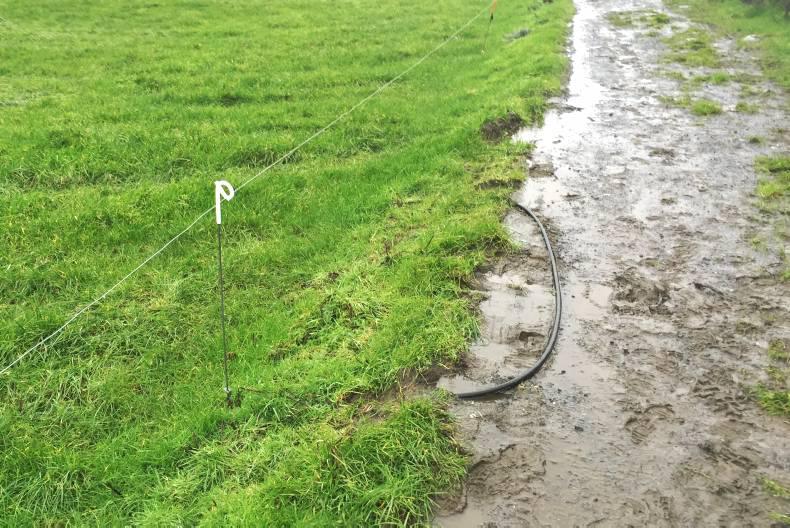Speaking in front of the Joint Oireachtas Agriculture Committee on Tuesday 25 October, secretary general of the Department of Agriculture, Aidan O’Driscoll said that farmers can contact the nitrates unit of the Department of Agriculture if they have specific difficulties in relation to slurry spreading.
“It is a pretty tricky situation but if individual farmers have specific difficulties, they can contact the nitrates unit of the Department and we can look into it,” he said in reply to a question from Fianna Fáil spokesperson on agriculture Charlie McConalogue.
“If issues arise that regard animal welfare concerns, we can look at it on a case-by-case basis,” O’Driscoll continued.
The deadline for the end of slurry spreading fell on 15 October but many farmers and farm organisations called for an extension to the slurry spreading deadline this year after a particularly wet summer and autumn.
The Department of Agriculture did not accede to calls for an extension to the deadline, but it has now clarified that farmers can contact the Department if they have specific animal welfare issues in relation to slurry spreading.
This is similar to the situation for farmers in Northern Ireland.
Derogation issues
However, O’Driscoll also raised concerns in relation to the fact that, in 2017, Ireland has to renew its nitrates action programme, which is designed to prevent pollution of surface waters and ground water from agricultural sources and to protect and improve water quality.
Some 7,000 derogations (concessions the EU gives with regard to certain rules) are up for renewal. For example, since 2014 Ireland has had a derogation that allows intensive farmers a higher stocking rate of livestock manure, subject to them complying with strict rules that are overseen by the Department of Agriculture.
We have the cleanest water in Europe so we have to be very careful about slurry spreading deadlines
According to O’Driscoll, Denmark did not have its derogation on livestock manure renewed this year because the European Commission “was not happy with the progress it has made on water quality”. The Dutch were told to reduce cow numbers.
He added that the Environmental Protection Agency recently indicated a 3% decline in unpolluted water ways in Ireland.
“We still have the cleanest water in Europe,” O’Driscoll added, “but we have to be very careful about slurry spreading deadlines – given what has happened in other member states”.






 This is a subscriber-only article
This is a subscriber-only article











SHARING OPTIONS: